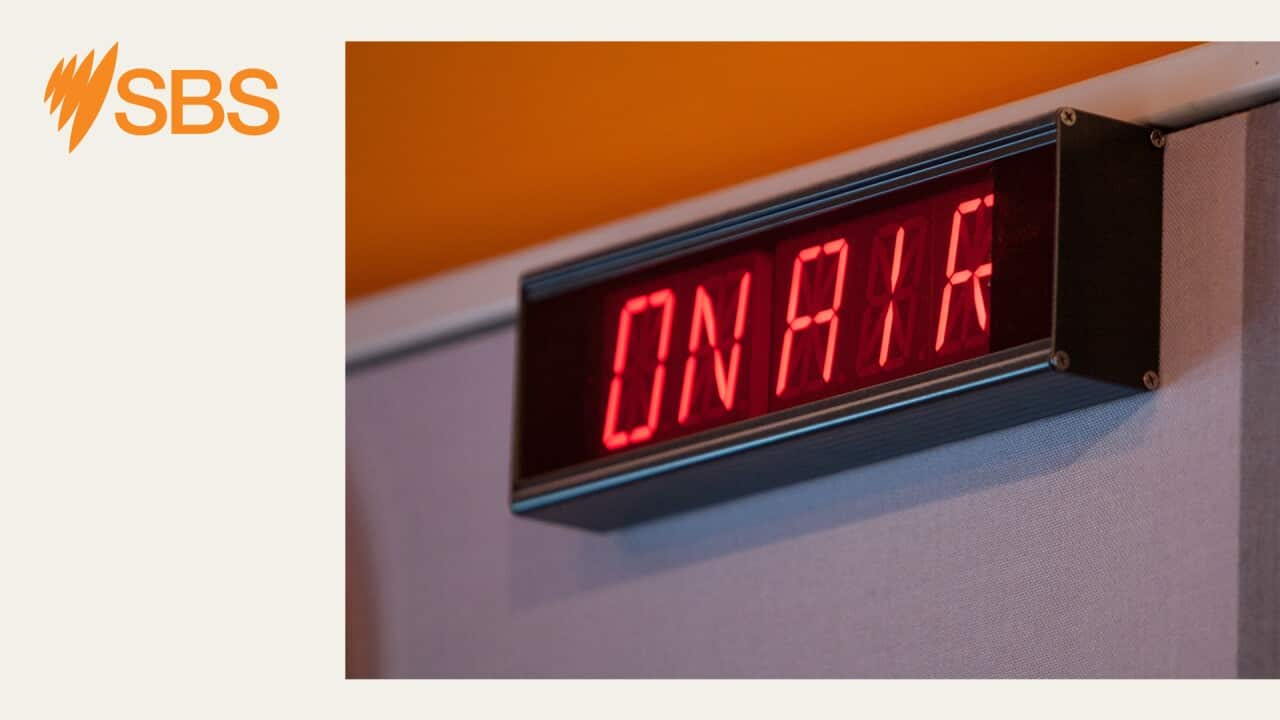The credit score is listed on the credit report, which is a summary of data on how a person manages previous installments, including credit card installments, home loan, gas and also electricity bills. The way a person manages these installments will be assessed by a credit bureau.
What is the importance of a credit score? How do you maintain - or even improve - this score?
SBS Indonesian spoke to David Sutantyo, finance broker and Managing Director of Sydney-based Twelve Grains Capital, regarding this matter. Here is a snippet of the interview.
What is a credit score and how important is it?
Mr. Sutantyo: "The credit report is a summary or data conclusion of how we have managed our previous installments; such as credit cards, mortgages, cars, electricity, etc. The way we manage them will be assessed or scored by the credit bureau, the largest in Australia and other developed countries is Equifax. So if we want to apply for a bank loan, this report will help the bank to make a decision whether a particular applicant will pay on time. If in the past there was a tendency to pay installments late, in the future it is also likely to be so."
How to find out about someone's credit score?
Mr. Sutantyo: "You can check directly with Equifax.com.au. Public gets usually one free report per year. Or if not, just contact your mortgage broker, they will definitely be able to help. There are several other bureaus, such as creditsavvy.com.au or getcreditscore.com.au of which you can check for free at any time, but it's not very accurate."
What is the rating range?
Mr. Sutantyo: "The usual score is in the range of 300 to 850, although I myself have seen lower or higher than that. The higher the score, the better. Usually the scores that are considered good are those above 600."
For someone who has never borrowed from a bank before, will the score definitely be good?
Mr. Sutantyo: "Short answer is yes. No history = good history. This is for applying for a home mortgage. If it's for car installment, it is a different story. No history = poor history. So if you can, just take a credit card with low fees and low limits. Pay in full and on time every month, this can also help build a credit history. Later when you want to apply for installments, the credit card is paid off and closed, so that the loan capacity can also be higher."
What makes our scores bad and how to fix them?
Mr. Sutantyo: "There could be several factors; maybe because we have late payments, default, have been bankrupt before, or there is a court judgment in the file. And what I see most often, is because applicants usually visit several banks at once to see which bank who can give the lowest interest. For those who don't know, if you go to the bank directly and ask questions about a loan, they must report it to the bureau as an "inquiry". If you "inquire" every 6 months to the bank, it doesn't matter, if within 1 The inquiry is 3 times a month, that will be a problem. Why? Because this inquiry is in the report, we can't see whether our application was accepted, rejected, or just asking questions. If there are too many inquiries, our score will drop, and the next bank will think "Wow, this applicant has been rejected many times, or he is desperate to get money". This can make banks hesitate to give loans."
We need a loan when the credit score is still bad. What's the alternative?
Mr. Sutantyo: "It depends on why it's bad. There are some lenders who are okay with borrowing even if the borrowers' scores are bad, we call them "non-conforming lenders", but of course if the risk is higher, the interest rate will also be higher.
Sometimes, a bad score is not because it's our fault. For example, there was a previous dispute with the energy provider, or if we were being cheated on, or the bank made a mistake. We can correct this one though. There is an agency or agency that works specifically for the correction of credit provider errors. So before applying for a loan, it's a good idea to always check your credit score regularly, the recommendation is every 6 months."
How to maintain a good credit score?
Mr. Sutantyo: "There are several tips, for example, always pay bills on time before they are due. This can be telephone, electricity, gas bills, etc. Second, as I said earlier, check if there are errors in the report. Third, arrange your budget, make sure there is enough money in the account for direct debit and other costs. Fourth, if we have a business, try to be honest with our suppliers. If you are going to be paying late or maybe business will slow down in a few weeks, let them know from the start, so it's not immediately labeled as 'late payment' and got entered into the report. This point is also the same as installments to the bank, if you feel you can't afford to pay for the next few months, it's better to talk to your bank first. Fifth, don't take more installments than what you need. Don't be afraid to take installments, but if the stake is bigger than the pole, this will be a problem in the future. And lastly, close all credit cards that are no longer used. Just take the limit as needed."
For the full interview, listen to the SBS Indonesian's podcast or click on the picture above.









